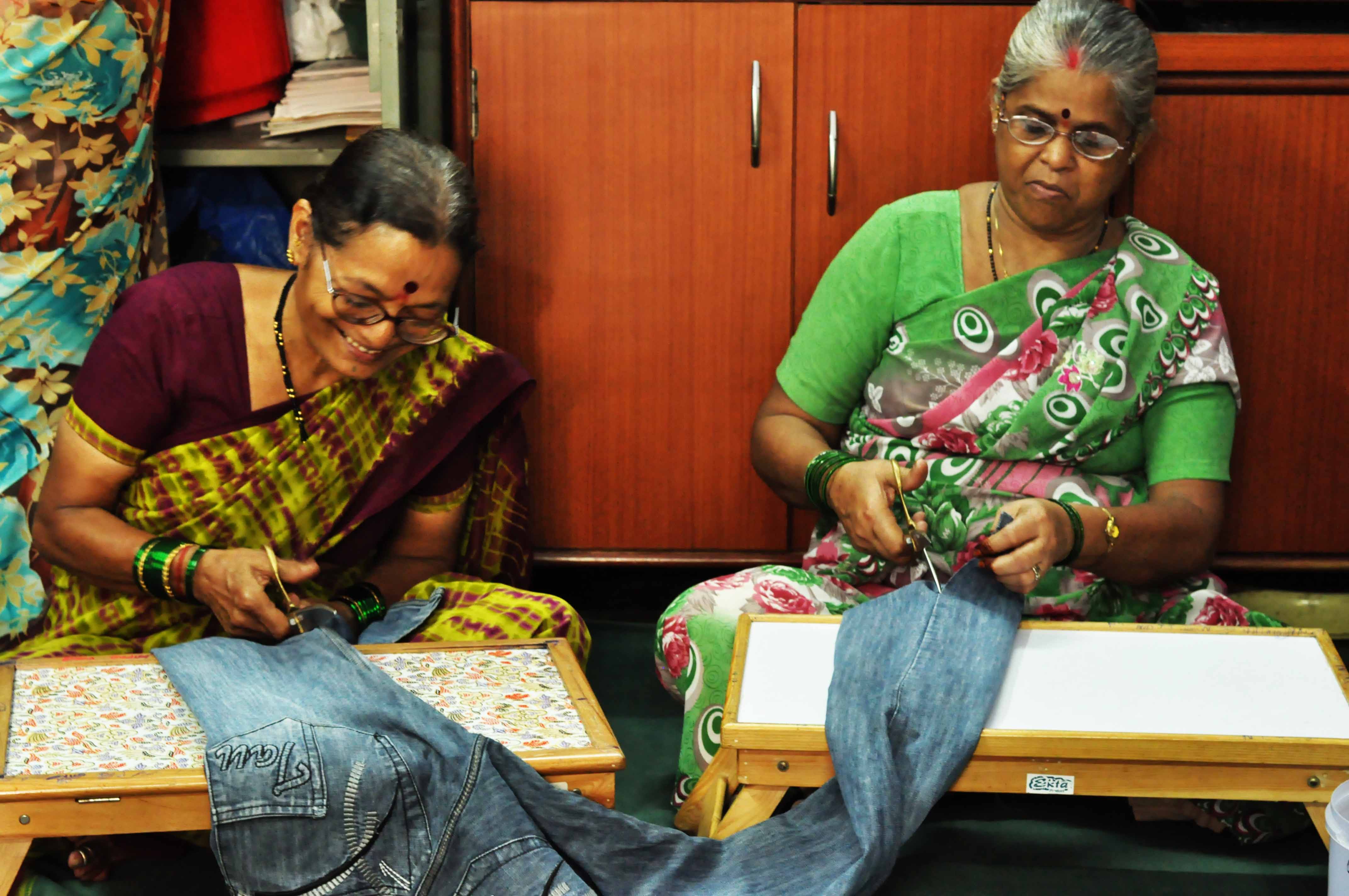
The Project
The Dharavi Biennale, a vibrant art and health festival with a series of standalone workshops, is the sequel to the smaller community art project Dekha Undekha (Seen Unseen). The theme of the project is recycling, using artworks made from recycled materials to address the health implications of recycled behaviours.
By bringing together multimedia work in an exhibition the Biennale aims to demonstrate how art practice can contribute to health improvement in vulnerable communities. After all, health improvement involves efforts that only begin when people get talking — and art is a powerful talking point.
The Partnerships
The Biennale and its predecessor emerged from a partnership between Dr David Osrin, a Wellcome Trust Senior Research Fellow at University College London, and the NGO SNEHA (Society for Nutrition, Education and Health Action). The NGO relationship creates stronger ties with the local community and builds on SNEHA’s well-established work in Dharavi, especially with women and children.
Collaborations between local artists, researchers and the community directly affected by the health issues further strengthen the project. These partnerships, between groups unlikely to have collaborated under other circumstances, ensure that the subject matter is relevant to those involved, reflecting their personal concerns as well as exploring issues in contemporary global health research.
The project inspires creative exchange between different groups and assumes equal expertise of all participants, so that scientists know about science, health workers know about health, and slum-dwellers know about living in informal settlements.
The Strengths
The aim here is not health promotion, but development of dialogue about urban health through creative exploration. This includes generation of discussions about health issues that could contribute to changes in community health; for example, improved childhood diets or public debate about the issue of violence against women and children.
At the core of the project is the desire to give local artists the opportunity to consolidate their skills and work toward sustainability, building capacity by nurturing practical and leadership skills and offering sub-grants over the project cycle to support emerging artists in developing their own activities.
The audiences reached due to hosting the exhibition in the centre of the community are diverse and difficult to reach; from people who would not usually go to an exhibition, to people who would not usually enter Dharavi.
The benefits of having a project embedded in the community go beyond capacity building and audience diversity. In this instance it allows the project to instil pride within a vulnerable community, gives Dharavi a place on the map associated with creativity rather than sympathy, acknowledges the huge contribution of urban slum dwellers to India's economic and cultural life, and encourages ownership of the behavioural factors affecting local health.
Download the Dharavi Biennale case study [PDF 662KB]
Find out more about the Wellcome Trust International Engagement Awards.
Members of the Dharavi Biennale team presented a talk about the project at the Wellcome Trust's The Art of Health: exploring creative engagement with health Research workshop in Mumbai, India in February 2016. The presentation is available online and the workshop page includes several other presentations from other projects presented.

This case study and the associated image are licensed under a Creative Commons Attribution 4.0 International License

Please Sign in (or Register) to view further.